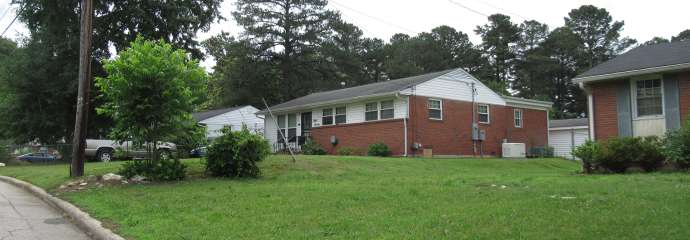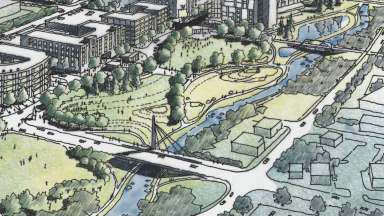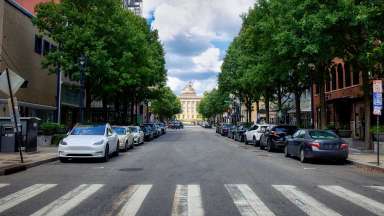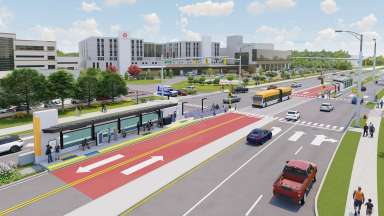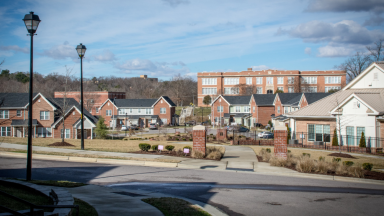The report is currently being drafted by the consultant and reviewed by the State Historic Preservation Office.
Project Details
- Type:
-
Historic Preservation
- Date Range:
- -
- Budget:
-
20,000
- Project Lead:
-
Collette Kinane
